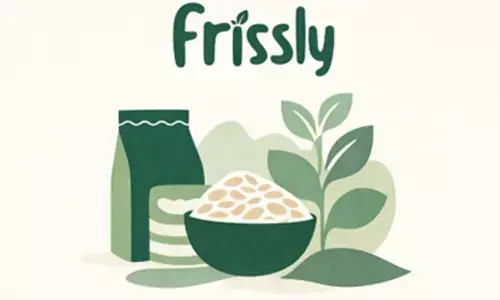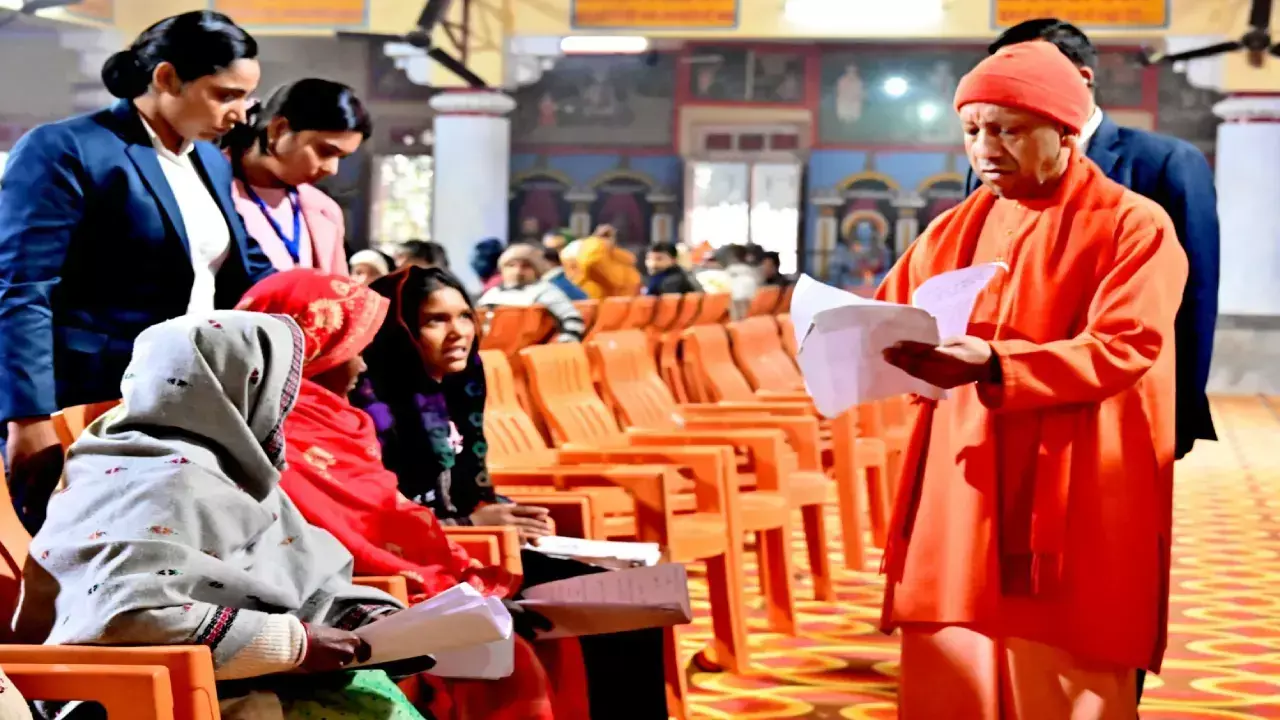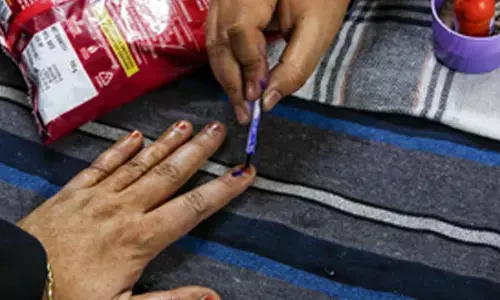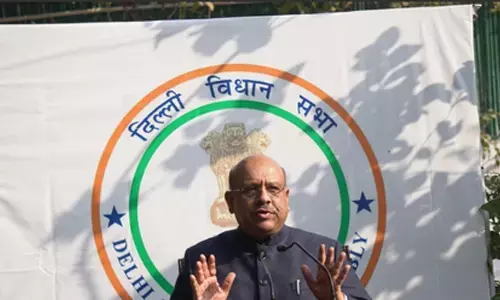Karva Chauth
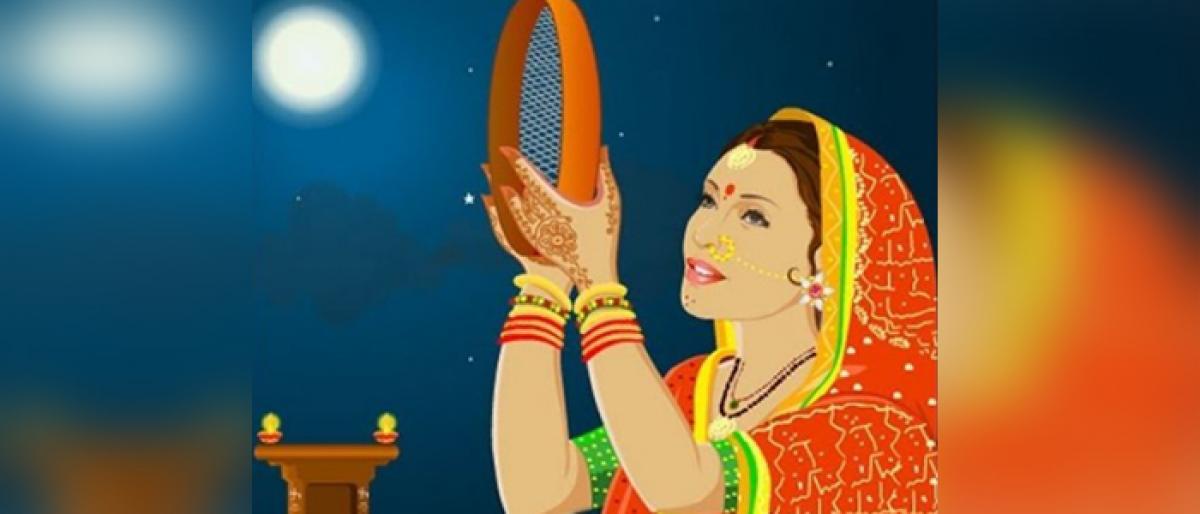
Karva chauth ka vrat, is a very important festival for Hindu married women It is celebrated in the month of Kartika after four days after Purnima They observe the fast for the safety and longevity of their husbands It was celebrated mostly in Northern India but now it is gaining popularity all over India During the fast women cannot eat anything for the entire day which means no food and water
Karva chauth ka vrat, is a very important festival for Hindu married women. It is celebrated in the month of Kartika after four days after Purnima. They observe the fast for the safety and longevity of their husbands. It was celebrated mostly in Northern India but now it is gaining popularity all over India. During the fast women cannot eat anything for the entire day which means no food and water until the moon appears at night in the sky.
Origin
In Hindi karva is another word for 'pot' (a small earthen pot of water) and chauth means 'fourth' (a reference to the fact that the festival falls on the fourth day of the dark-fortnight, or krishna paksh, of Kartik month.
Rituals
Women start preparing for Karva Chauth a few ahead, by buying cosmetics, traditional adornments or jewellery, and puja items, such as the karva lamps, matthi, henna and the decorated puja thali.
On this auspicious day, married women wake up early in the morning that is before sunrise to eat sargi. Sargi is a meal which is usually prepared by their mothers-in-law especially for this occasion, which mostly consists of vermicelli, milk and dry fruits.
The day gets busy with meeting friends and relatives. In some regions, their tradition is to give and exchange painted clay pots filled with bangles, ribbons, home-made candy, cosmetics and handkerchiefs. Since Karva Chauth follows soon after the Kharif crop harvest in the rural areas, it is a good time for community festivities and gift exchanges. Parents also send gifts to their married daughters and their grandchildren.
In the evening, a ceremony for only women is held. The ladies dressed in beautiful outfits wear jewellery and also apply henna. In some regions, they dress in the complete finery of their wedding outfit. The dresses are mostly red, golden or orange in colour, which is considered auspicious colours.
The ladies sit in a circle along with their puja thalis. Depending on the community and region, a version of the story of Karva Chauth is narrated, with a proper break. The narrator is usually an older woman or a priest if one is available. During the break, the Karva Chauth puja song is sung in chorus and the ladies perform the feris, that is they pass their pooja thalis around in the circle. Every woman lights an earthen lamp in her thali while listening to the Karva story. Sindoor, incense sticks and rice are also kept in the thali. After this the ladies observing fast offer baayna, which is a melange of goodies like halwa, puri, namkeen mathri, meethi mathri to the idols and hand over to their mother-in-law or sister-in-law.
After the conclusion of fera ceremony, the women wait for the rising of the moon. Once the moon is able to be seen, depending on the region and community, it is the tradition for a fasting woman, to view moon or its reflection in a vessel filled with water, through a sieve. Water is offered to the moon to secure its blessings. In some regions, the woman recites a brief prayer asking for her husband's long life. It is believed that at this stage, spiritually strengthened by her fast, the woman can successfully confront and defeat death.
Thereafter the husband then takes the water from the thali and offers it to his wife; taking her first sip of water during the day, the fast is now broken and the woman can have a complete meal.








